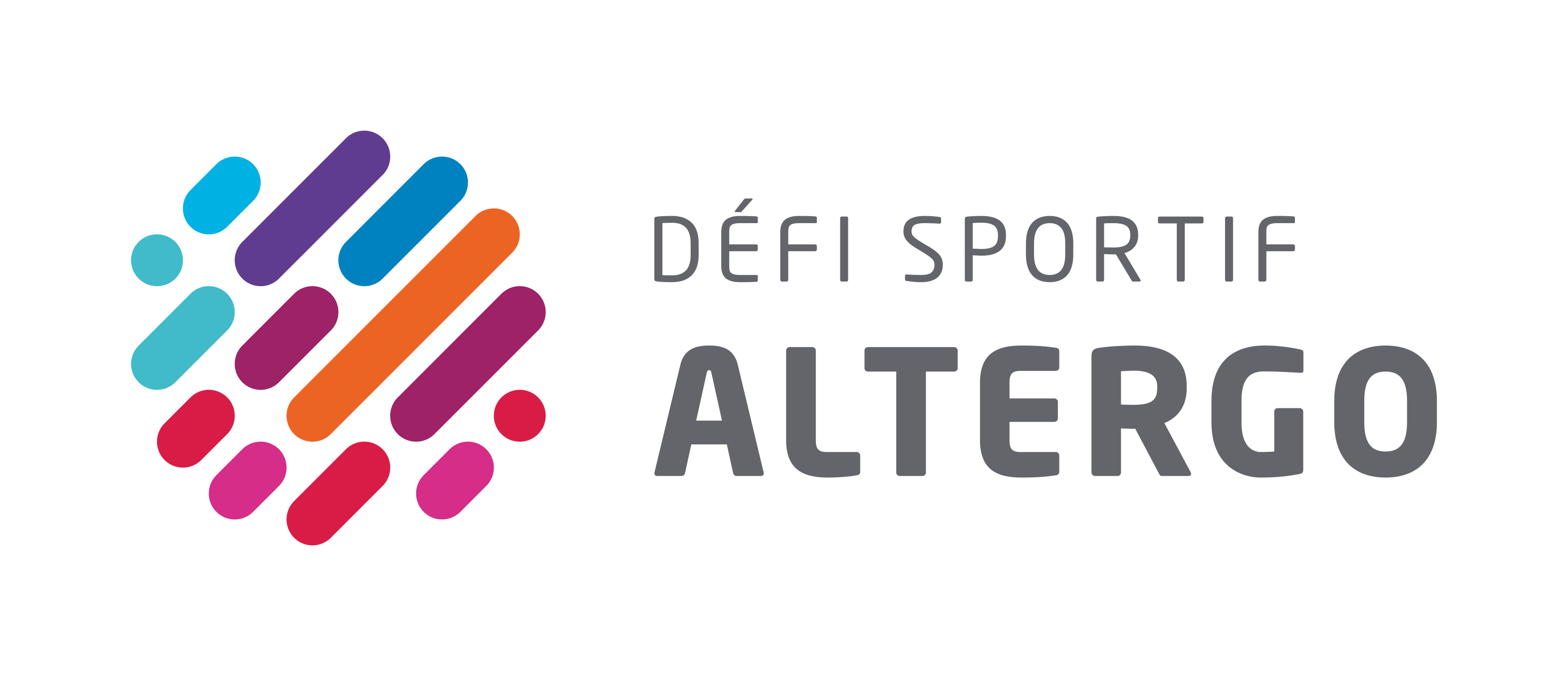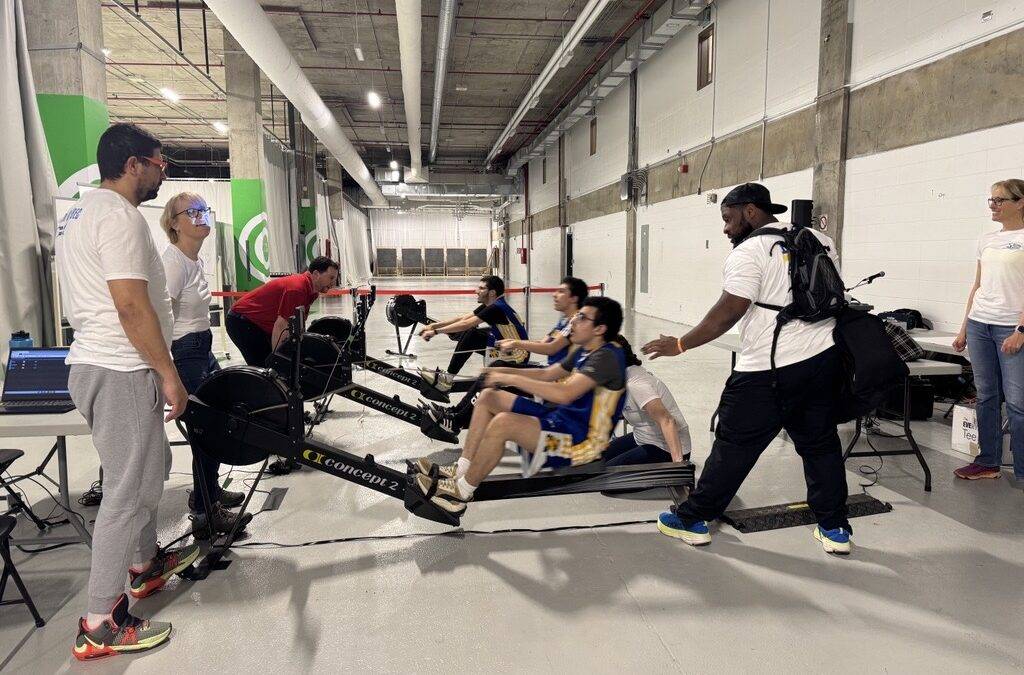This year, for the very first time, the school program of the Défi Sportif AlterGo will feature a para-rowing competition.
Why para-rowing? Because it is a little-known sport that can be practised by people with a wide range of functional limitations.
And also because the team at Aviron Québec is on a mission to broaden the sport’s reach by connecting with more athletes, more clubs, more young people, and more potential coaches, and to grow the sport across the province.
Rowing and para-rowing: An ocean of possibilities
Rowing is divided into 4 disciplines: classic rowing, para-rowing, ocean rowing, and indoor rowing, which uses a rowing machine to simulate what takes place on the water.
More specifically, para-rowing is divided into 3 classifications: PR1 for athletes with paraplegia, PR2 for athletes with limited use of their legs, and PR3 for athletes with limb loss, limited sight, or other limitations.
According to Akram Othmani, coach and head of development at Aviron Québec, “Within all of these categories, the top priority is to integrate the athletes into the sport safely. We used science-based athletic development methods, right up until the athletes are able to row by themselves on the water.”
“Beyond athletes with functional limitations, rowing is a safe sport for a variety of athletes, including those at risk of concussions,” says Nadine Boutin, the organization’s executive director.
Just as rowing is an Olympic sport, para-rowing is a Paralympic sport, which means that participants can perform and compete at a very high level, if they so wish.
But the sport can also be practised as a leisure activity, allowing rowers to get out on the water and enjoy the fresh air, explained Othmani. “We’ve tried to create an atmosphere in which the athletes will enjoy themselves, even if they’ve never rowed before. For us, the goal is not about performance, but rather, about broadening horizons and promoting physical activity.”
Developing para-rowing’s potential throughout Quebec
By holding a competition at the Défi Sportif AlterGo, Aviron Québec hopes to introduce more people to the sport.
Othmani noted that the organization is also in contact with clubs and schools, working to set up programs throughout Quebec, in order to recruit athletes and increase its base of athletes and coaches.
“We’re trying to get schools to integrate [para-rowing into their programs]. We’re hoping to get in contact with all schools, so as to make rowing accessible to everyone.”
At various events, the Aviron Québec team can already sense a buzz around the sport. It plans to continue riding that wave, so as to develop the sport’s potential all over Quebec.
And for those who are interested in trying the sport, becoming a coach, or implementing a new program in their area? “Write to us! The best way to reach us is at info@aviron.ca,” concluded Nadine.
How will the para-rowing competition at the Défi Sportif Altergo be structured?
For each school that enters, we will note the name of the school and the names of the participants, and we will calculate each student’s distance (by metre) per 45 seconds on the ergometer (commonly known as a rowing machine). At the end of the 2 days of competition (Monday, April 28, and Tuesday, April 29), the results will be added up, and the school with the most metres will be awarded the banner. Also, the top-scoring student will receive a medal.


